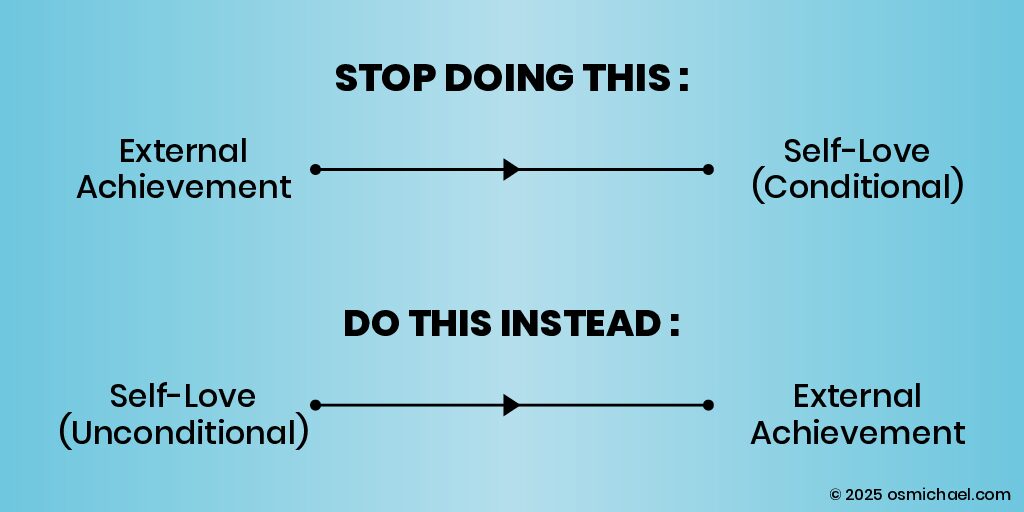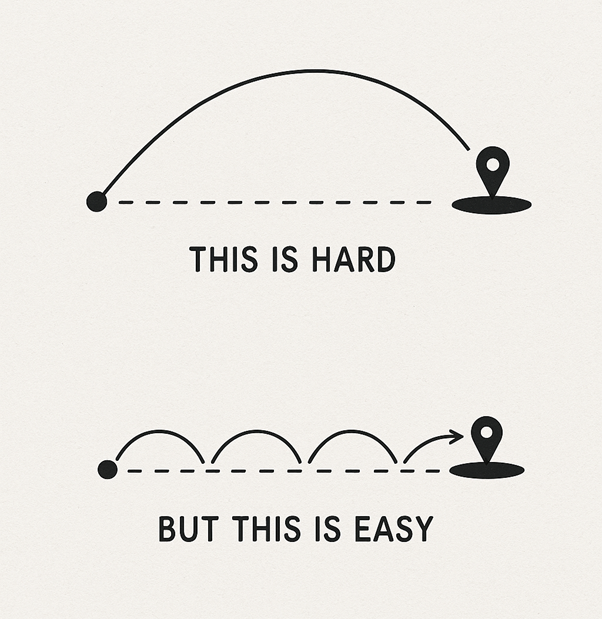There are moments in life when something unexpected happens, and suddenly the ground beneath us feels less stable. Perhaps it is a job loss, a relationship rupture, an overwhelming decision, or an upcoming event that fills your chest with pressure and your mind with noise. This is situational anxiety. And if you are feeling it right now, let me say this clearly:
You are a normal, healthy human.
And you are not alone.
Anxiety is a natural stress response. It is your nervous system’s way of sounding an alarm. The problem is not that your system is reacting. The problem is when it becomes stuck in alarm mode, leaving you overwhelmed and unsure how to move forward.
The good news is that you can regain your sense of calm, clarity, and control with the proper support. It can be through psychotherapy, coaching, or a combination of both that you can transform this moment of turbulence into a meaningful turning point.
What Is Situational Anxiety?
Situational anxiety arises in response to a specific trigger or a moment, event, or circumstance that feels emotionally threatening. It may be something as specific as a job interview or something more complex, such as a context where you have struggled in the past, for example, interactions that involve confrontation. Unlike generalized anxiety, which is often chronic and ongoing, situational anxiety tends to flare up in response to something identifiable.
It is like a wave that knocks you off your feet. And while waves can surprise us, they also remind us that we are alive and that, with the right tools, we can learn to stay steady in the water.
Why Situational Anxiety Feels So Intense
Our survival brain struggles to distinguish between real physical threats and merely emotional ones. It simply wants to protect us. So when you are facing uncertainty or change, your brain may interpret that as danger and flood your body with adrenaline. Suddenly, you feel tense, your heart races, and your thoughts spiral. You might withdraw or try to control every detail to feel safe again.
What makes this more complex is that a challenging situation often echoes something from the past. This is why one of the first questions I ask in therapy is:
“Are you just responding to this situation or to something deeper that it has awakened?”
That question alone can open the door to understanding and eventual healing.
How Therapy or Coaching Can Help You Regain Control
Let us explore how support from a professional can help you move from being overwhelmed to being empowered. Whether you work with a psychotherapist, a life coach, or someone who integrates both approaches (what I call psy-coaching), here is how this journey can look.
1. A Safe Space to Exhale
One of the most healing elements of therapy is that you do not need to perform. You do not need to pretend you are fine. You do not need to have all the answers. You can show up exactly as you are, possibly confused, frozen, tearful, or numb, and still be met with care and presence.
Often, people begin to feel lighter just from being seen and heard.
I emphasize creating a space where your nervous system can begin to settle. A space where your story, truth, and pace are respected.
2. Understanding What Is Going On
Together, we explore your experience through a temporal lens — past, present, and future.
- Past: What events or beliefs might influence how you react today?
- Present: What are the current patterns that help or hinder you in managing anxiety?
- Future: What kind of life do you want to create, one that is exciting and resonates with your values? One that will pull you forward out of your anxiety? How can we begin moving toward it?
Clients are often surprised to learn that their reactions are not flaws. They are patterns. Patterns that once served a purpose but now need updating. With awareness, those patterns can shift.
3. Challenging the Story Beneath the Stress
Many people carry unconscious beliefs that shape how they interpret their experiences.
These beliefs often go unquestioned. In anxiety, they may sound like:
“If I do not get this right, everything will fall apart.”
“I always ruin things when they matter most.”
“Unless I control every detail, something will go wrong.”
In therapy or coaching, we gently bring these beliefs into the light and ask:
“Is this really true?”
When did I make the decision to have this belief?
Who told me to have this belief?
“Is this belief supporting me, or is it limiting me?”
“What would be a more empowering belief in this moment?”
Beliefs are not facts. They are stories we have learned, often at an early age, when we didn’t know better. Now that we are older and wiser, these stories can be rewritten.
4. Creating a Game Plan for Difficult Moments
Anxiety makes it difficult to think clearly, so one of the most practical things I do with clients is to help them build a written game plan, a step-by-step guide for what to do when anxiety flares up.
This plan might include:
- Assuming a strong posture – sitting erect in a chair, your back supported, your feet grounded defiantly like tree trunks, owning your physical space.
- A breathing practice, such as square breathing.
- A visualization, such as picturing yourself as a mountain and the anxiety as a passing storm, its rains flowing harmlessly off you.
- Affirmations, such as “This too shall pass” or “Whatever life throws at me I overcome and turn to my advantage .”
- Questions that interrupt anxiety’s momentum: “What is really happening here?” or “What can I do differently this time?”
- Refocusing your attention toward gratitude and connection: “What am I proud of? Who do I love? Who loves me?”
Get creative and have some fun with this game plan! What has interrupted your anxiety in the past? What might work for you now?
5. Crafting a Vision That Pulls You Forward
One of the most common causes of anxiety is a lack of direction. Without a clear and compelling vision of the future, life can feel aimless or scary.
A vision gives your life meaning. It does not erase difficulty, but it helps you move through it with purpose.
Anyone can endure a difficult today if they have a compelling tomorrow.
Together, we work to create that future vision, one that embodies your values, fills you with excitement, and pulls you forward. The antidote to anxiety is not simply relaxation; it is empowering action!
Real Change Feels Like Coming Home
I often hear clients say, “I feel more like myself again.” Not because the world outside has changed, but because they have remembered who they are inside.
You do not have to do this alone. Trying to fix everything on your own is a lonely path that can perpetuate anxiety.
If you are feeling overwhelmed by situational anxiety, consider reaching out. I offer a free, informal consultation to discuss what is going on for you and whether psychotherapy or coaching might be a good next step.
You deserve a life of stability and fulfilment, one that feels true to you. That journey begins with one small, courageous step.
I help people heal, grow, and create the life they deserve. Ready to begin? Book a Free No-obligation consultation now.
— O.S. Michael




